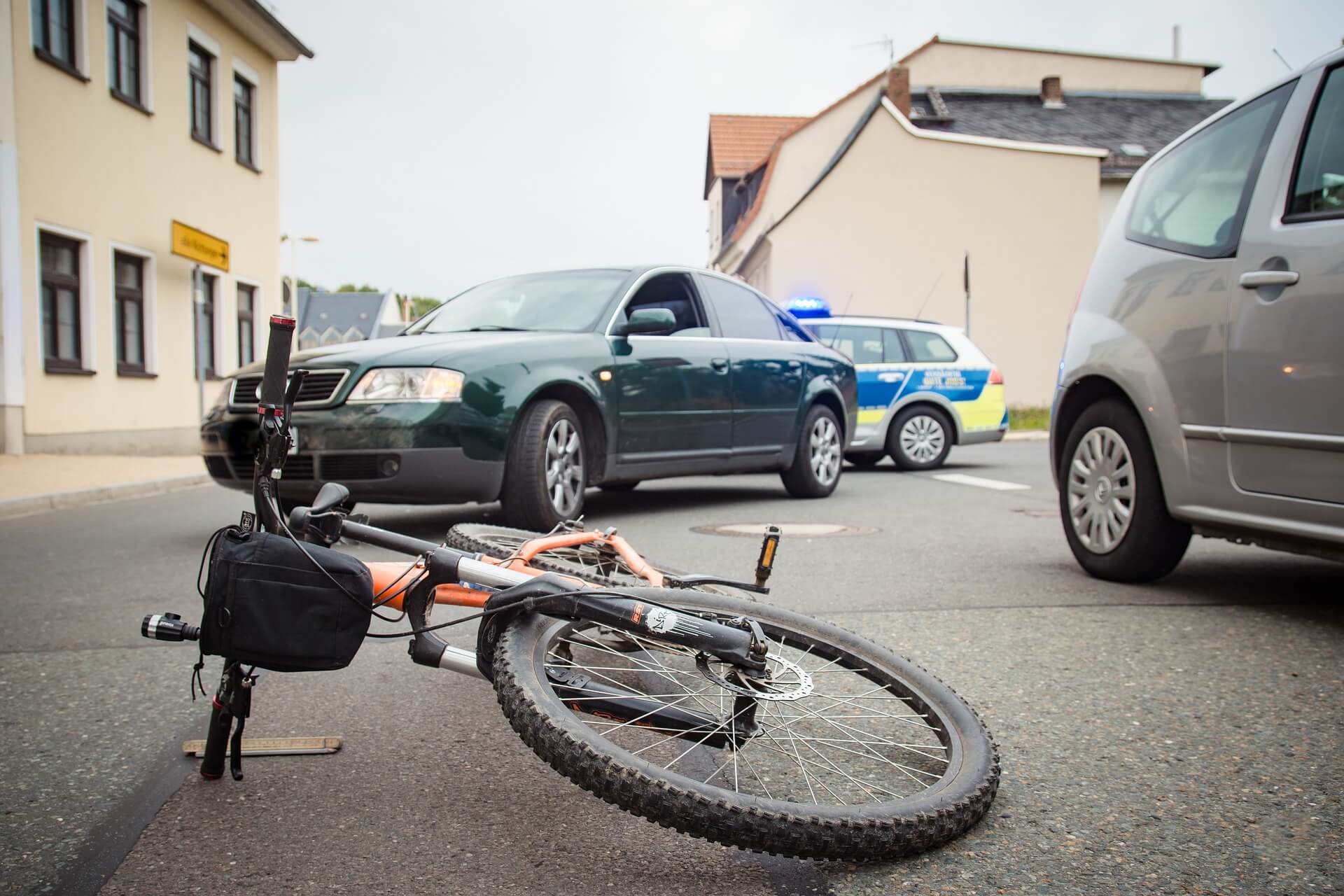Bicycle Accidents with Adverse Collision Reports
Bicycle Accidents with Adverse Collision Reports

Nearly all severe injury incidents involving motor vehicles will be reported by police authorities, typically by either state police (the Highway Patrol in California) or local police departments. Obviously, this includes not only traffic collisions involving motor vehicles but also incidents involving bicyclists and pedestrians. While the reporting police officers typically are involved with a high volume of vehicle-on-vehicle incidents, they tend to report much less frequently on vehicle-versus-bicycle incidents. This lesser familiarity with bicycle accidents is why bicycle accident lawyers must deal with adverse collision reports.
Why Might Police Officers Get It Wrong?Most police officers do their very best to get traffic collision reports right. They understand that the reports they generate and their conclusions can have significant economic, legal, and potentially criminal consequences for those involved in the collisions they investigate. That said, in addition to the possibility of simple human error, several factors can result in an incorrect, adverse collision report for a bicycle accident:
- Lesser familiarity with bicycle accidents — as noted above, police officers will tend to have less experience investigating bicycle accident situations than auto-versus-auto collisions simply because they see fewer of them — there were 843 bicyclist deaths involving motor vehicles in the U.S. in 2019 compared to more than 36,000 motor vehicle accident fatalities overall;
- Less training on bicycle accidents — The focus of training received by officers is primarily on motor vehicle impacts and the laws related to motor vehicles.
- Faulty legal conclusions — Police officers are trained in applying traffic laws. They will tend to investigate bicycle accidents and other traffic incidents to determine who may have violated some applicable traffic laws and base their conclusions upon evidence of these violations. Traffic laws, however, are not negligence or liability laws. Violation of a traffic law may point — may, in fact, point very strongly — at negligence and legal liability for a bicycle accident and injuries, but it is definitely not the sole consideration in finding liability in a personal injury claim or lawsuit. Because of their training, police officers focus on finding one “responsible party” for a bicycle accident or other traffic incident rather than considering that more than one person may have been at fault.
- Impossible factual conclusions — Police officers will seek to get statements from all the parties involved in a traffic incident and will take these statements at face value for their conclusions unless there are apparent conflicts. Many of these conflicts will arise from statements related to the positions and speeds of the vehicles (or bicycles) involved, and we’ve more frequently observed reports on bicycle incidents accepting driver and witness statements about bicycle positions and (especially) bicycle speeds that just can’t match reality.
- Bias against bicyclists — a 2019 study of non-bicyclists found that nearly half viewed bicyclists as “less than fully human.” This bias correlated significantly with aggression toward bicyclists. Despite their professional training in investigating traffic incidents, police are only human. They can be subject to the same biases displayed in this study by motor vehicle drivers.
An experienced personal injury attorney familiar with bicycle accidents may approach a case involving an adverse traffic collision report differently. While the traffic collision report is not admissible in a personal injury trial, the facts are reported. The conclusions reached will typically significantly impact the personal injury lawyer’s investigation and decision to accept the case upon the opposing insurance adjuster’s and defense counsel’s conclusions about potential settlement value and, ultimately, upon a jury’s finding of negligence in a trial verdict.
Accident reconstruction — and reconstruction experts — can be of significant value where the adverse police report is based upon physical inconsistencies (or outright impossibilities) in the observed evidence and in the statements recorded. Some relatively simple calculations of speed and position can often make evident to the bicycle accident lawyer whether or not there are fundamental factual errors in the adverse collision report. Once identified, those inconsistencies can — if necessary — be brought more directly to light by employing an accident reconstruction expert witness.
The assessment of possible comparative negligence — situations where more than one person bears liability for an accident – can identify bicycle accidents with adverse collision reports where the effort to identify a single responsible party may have led the investigating officer to identify only one cause of the incident rather than two or more causes, which together resulted in injuries to a bicyclist. Although the injured bicyclist’s recovery will be reduced by the percentage of comparative negligence assessed against them, this can still produce a much better result than no recovery at all.
View this light-hearted but insightful video describing some of the reasons for driver bias against bicyclists:
Stockton Bicycle Accident LawyersHello, my name is Ed Smith, and I’m a Stockton Bicycle Accident Lawyer. No matter how hard police officers try to “get it right” when they’re investigating bicycle accidents and other traffic collisions, factors like lesser familiarity and training with bicycle accidents and sometimes inherent unconscious bias can lead to collision reports that are adverse and incorrect about bicyclist liability. If you or a loved one has been seriously injured in a bicycle accident – especially one where you feel an adverse police report may not wholly or accurately describe how the incident occurred – please contact us for free and friendly advice at (916) 921-6400 or (800) 404-5400, or reach out to us via our online contact form.
You can view our long list of case results from our injury attorneys on our past verdicts and settlements page.
Editor’s Note: updated [cha 7.31.23] Photo by Stephan Wusowski from Pixabay gm [cs 940] bw